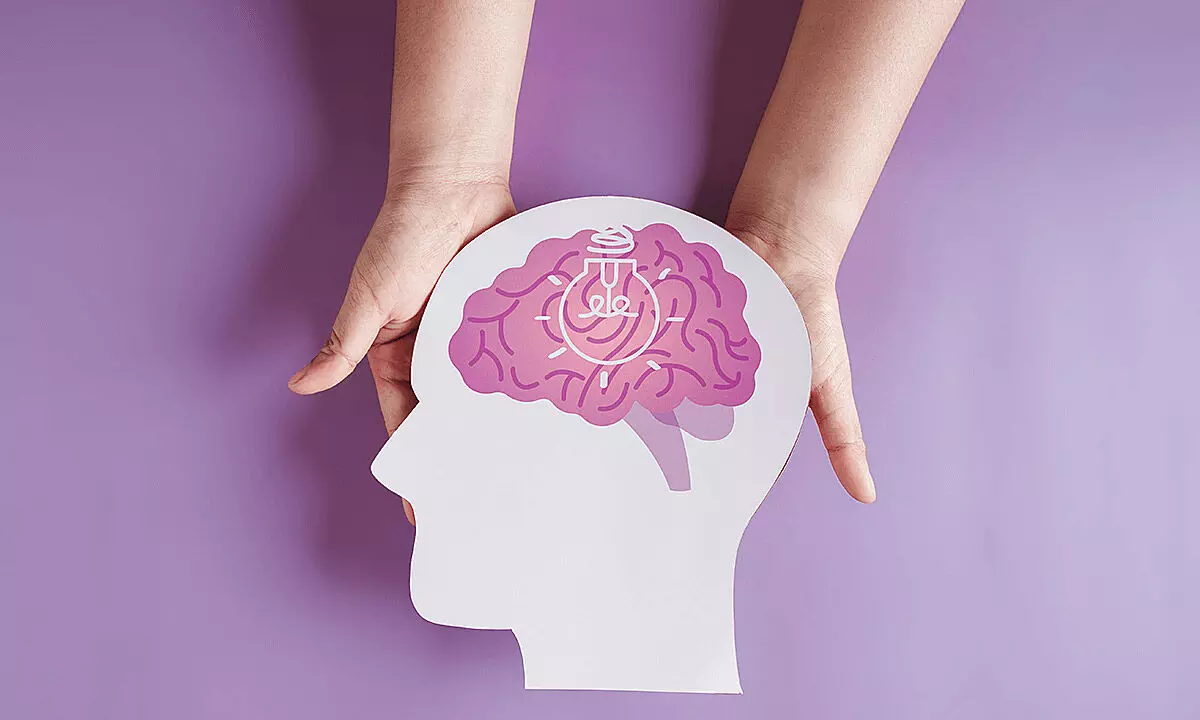Live
- Exploring share market apps and trading: A beginner’s guide
- Navigating the distinction between personal and business credit scores
- Mulugu: People want liberation from PM Modi, says Seethakka
- Vettori wants SRH to change its approach in chasing the target
- Ganguly bats for Axar, Pant's inclusion in T20 WC squad
- Khammam: BJP, Cong are anti-BC, alleges MP Ravichandra
- Narine-Salt's record opening partnership takes KKR to 261/6
- Deepika storms into individual semis
- Google Pixel 8A Leak: Seven Years of Security Updates Revealed
- Anoushka Shankar to get honorary degree by Oxford University, calls it ‘pinch-me moment’
Just In
Mental Health Issues in Older Adults with Epilepsy


Epilepsy is the third most common serious neurological condition affecting adults over the age of 65 years after stroke and dementia.
Epilepsy is the third most common serious neurological condition affecting adults over the age of 65 years after stroke and dementia. It is equally important to remember that the elderly age group is most vulnerable to get epilepsy other than infants and children. This makes it challenging to diagnose and treat seizures and epilepsy in the geriatric age segment because of the common association of comorbidities – physical, cognitive and psychological. Intriguingly many such comorbidities themselves could have resulted in the epilepsy in the first place making treatment of these co-occurring conditions complex. Common psychological conditions such as depression, anxiety, psychosis, sleep problems and cognitive decline are commonly found to occur in seniors with epilepsy. These psychological comorbidities have been shown to occur at higher rates in those with untreated epilepsy and in those living in Low- and Middle-Income Countries [LMICs].
The presence of psychological issues in addition to the epilepsy, while complicating the medical treatment also worsens the stigma and discrimination of seniors afflicted with both epilepsy and mental health conditions, and considerably adds to the cost of the treatment. Several medications employed in the treatment of epilepsy themselves cause various psychological adverse effects while certain psychiatric medications can worsen seizure control outcomes. All these greatly complicate the treatment and diminish the quality of life and necessitate care by specialists/experts spanning the fields of Neurology and Psychiatry, which are hard to come by outside of cities and major towns. But the scenario is not all bleak as there have also been advances in diagnosis and treatment with newer, and better tolerated medications available to treat both the epilepsy as well as co-occurring mental health conditions. This, coupled with decreasing stigma among the public towards epilepsy in general and mental health conditions in particular has led to the scenario where medical help is sought at much earlier stages when cure and remission from epilepsy and psychiatric conditions are most likely. This increasing awareness has also spread among family physicians and patients are being referred earlier to specialist so that the best care can be accessed from the earlier stages. So, though the numbers of the elderly with epilepsy and hence the associated mental health conditions are only certain to exponentially go up in the future, it is also being met with increased awareness among the public and health care providers on the one hand and decreased stigma among the patients and families on the other hand, enabling earlier care from specialists. This is the approach that is likely to be most helpful and it is hearteningly happening across the country.
(Dr. Srikanth Srinivasan MD DM Mast. Of Psychiatry [Melb], Consultant Neurologist/Neuropsychiatrist, Chief Medical Director, Niyama Digital Healthcare)

© 2024 Hyderabad Media House Limited/The Hans India. All rights reserved. Powered by hocalwire.com






